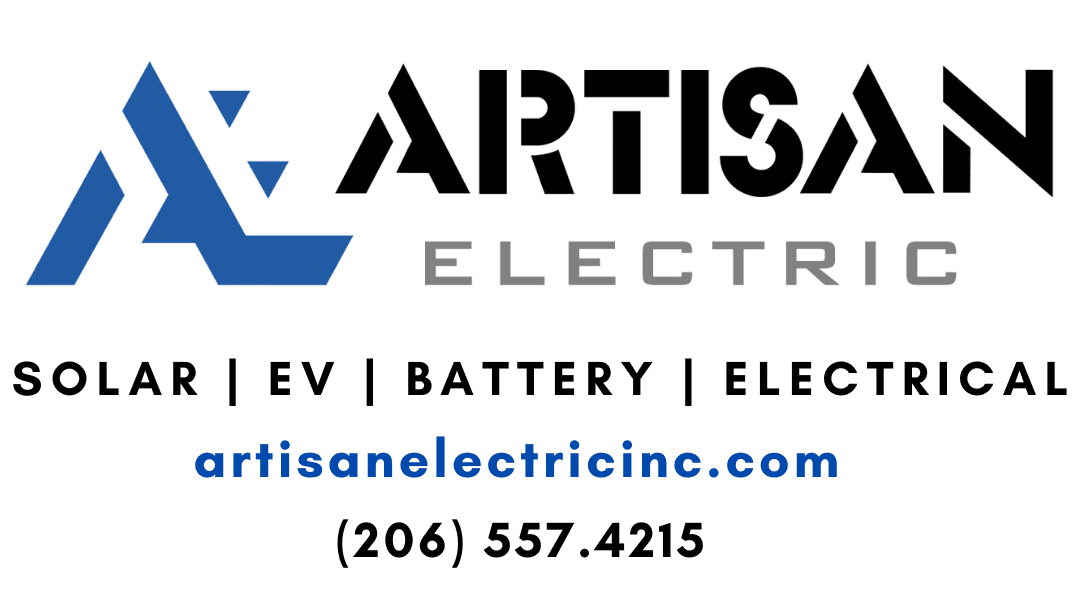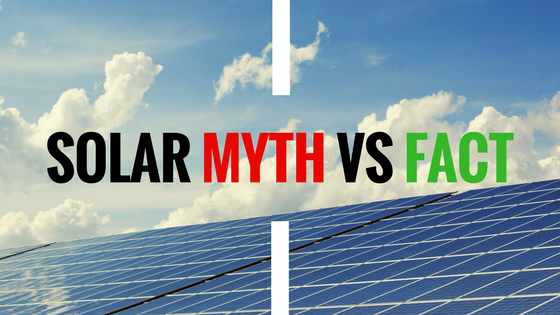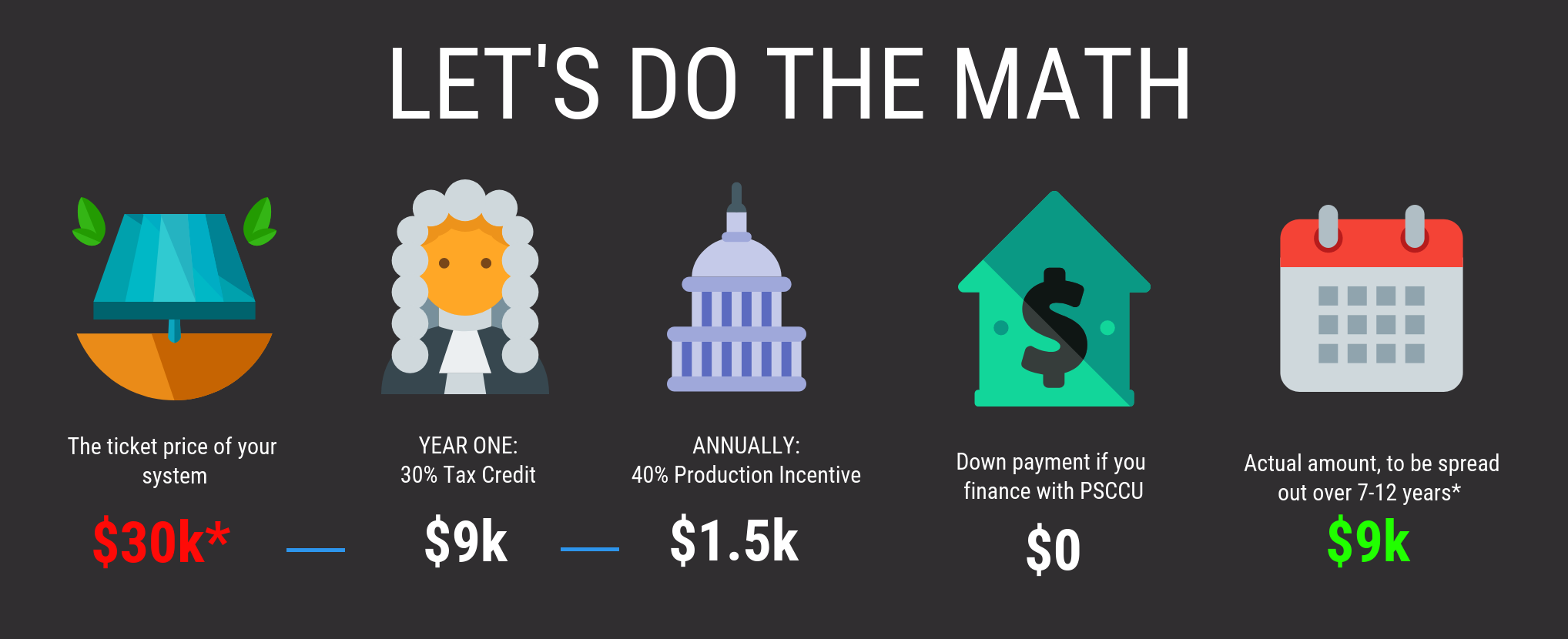We’re not here to tell you what is and is not expensive. That is a relative opinion. Our customers all come from diverse financial backgrounds and have wide-ranging financial priorities. We are so happy that the solar community is growing and becoming more diverse each day- and we want to make sure that continues.
We’re here to tell you what our customers already know. Solar is obtainable for a variety of budgets, as there are a lot of resources out there to help you achieve solar.
Solar is an investment
You’re not expected to buy your house all in one lump sum, and you’re not expected to purchase your solar that way, either. Solar can have a hefty price tag, but like most investments, you typically won’t pay for this out of pocket or all at once. And because of the incentives available, you’ll be paying far less than the sticker price.
There are lots of incentives available
Federal Investment Tax Credit (ITC). The federal government offers homeowners a 30% tax credit on all costs associated with making your home “solar-ready” and installing a solar system. That’s 30% of your entire system that can be redeemed within the first year of your system’s installation, and every tax-paying household qualifies for it.
Washington State Production Incentive. The state of Washington offers one of the most generous incentives in the United States. Solar owners will receive an annual check for their production for 8 years, which will total to roughly 40% of the entire system cost. If your system costs $30,000, then you would receive around $1,500 per year for eight year
IBEW Rebate. If you install with Artisan Electric, a union shop, you will also receive a one-time rebate from the International Brotherhood of Electrical Workers union for $500.
Net Metering
In Western Washington, the summer days are sunny and long and residential energy usage is low. In the winter, energy usage rises as sunlight decreases. Net metering is an agreement with the utility that for any excess energy being produced in the summer, solar owners receive a 1:1 credit, which can then be used during the winter. Read more about net metering.
It’s about shifting your expenses, not adding to them
Our goal is to help customers replace their electricity bill with a solar bill. This means that instead of paying $100 to the utility each month, that $100 is going toward paying off your solar system. You are essentially paying rent for your electricity each month. And if you own your home, shouldn’t you own your electricity too? Going solar means that you now own the factory and have something tangible to show for the money that would otherwise be going to your utility.
Read more about owning your electricity.
You can finance your solar with zero down payment
As with any large investment, there are ways to finance solar. About 75% of our customers finance through Puget Sound Cooperative Credit Union, who offers a competitive, $0 down paymet solar loan program. Read more about PSCCU’s solar loan program.
If you think solar is expensive, try adding up what you will be paying for electricity for the next 40 years (the average lifespan of a solar system). It’s most likely far more than you’d spend buying solar panels and producing your own power. Not only that, but the power you’ll produce from the sun is clean, renewable, and helps fight climate change, which helps roll back the environmental costs of using dirty electricity from your utility.


